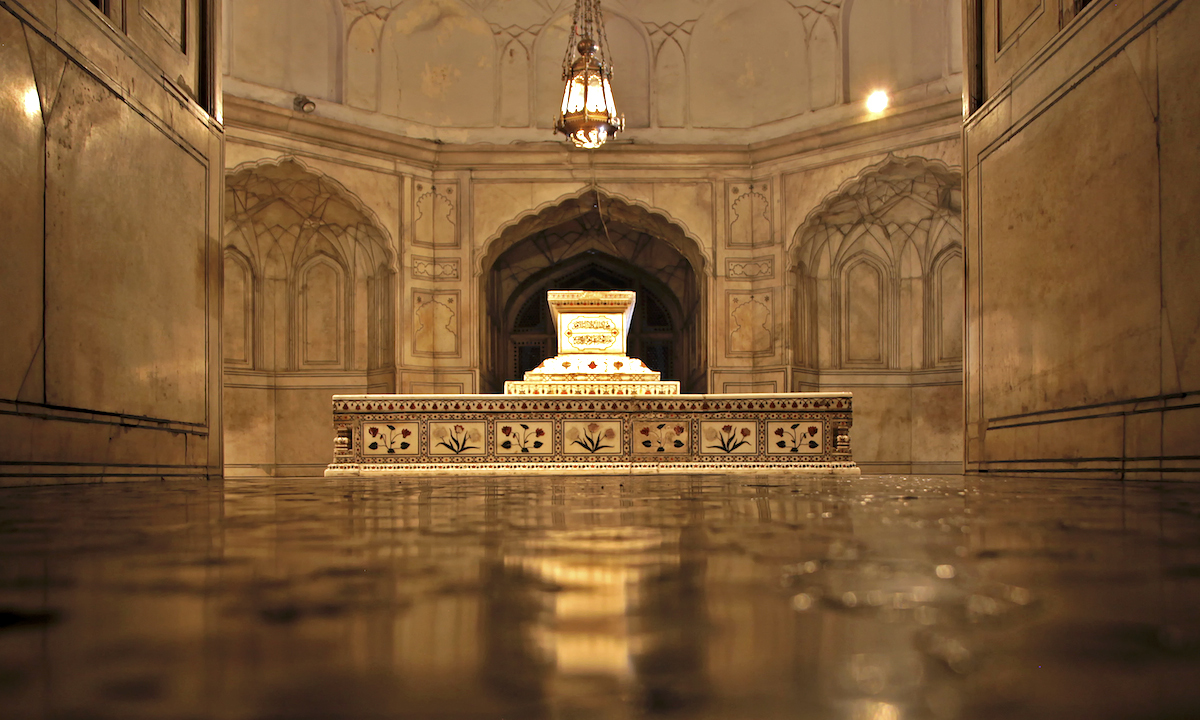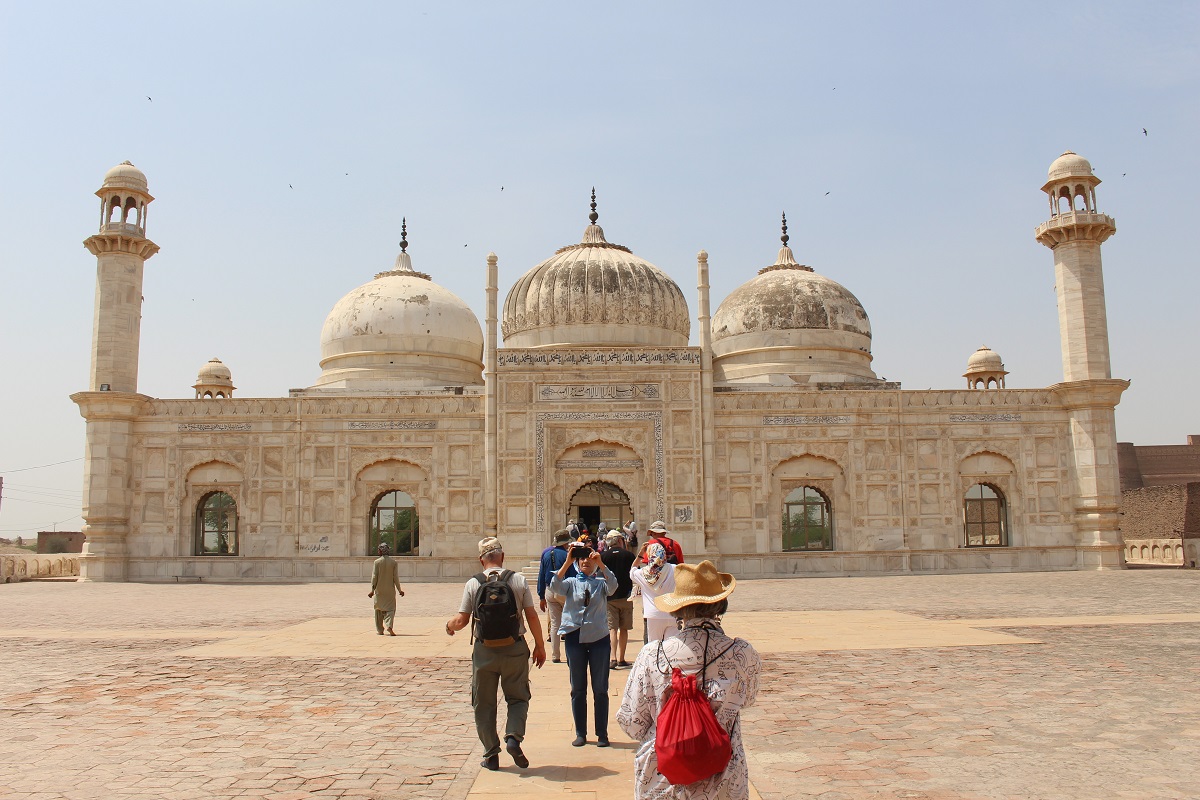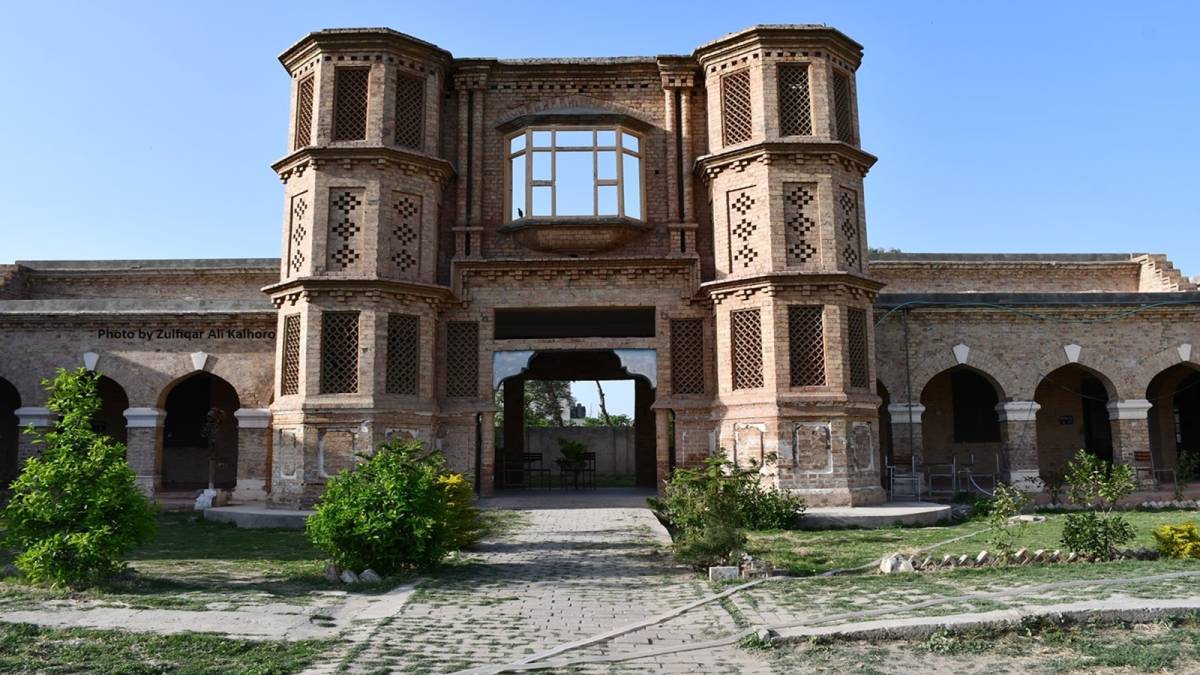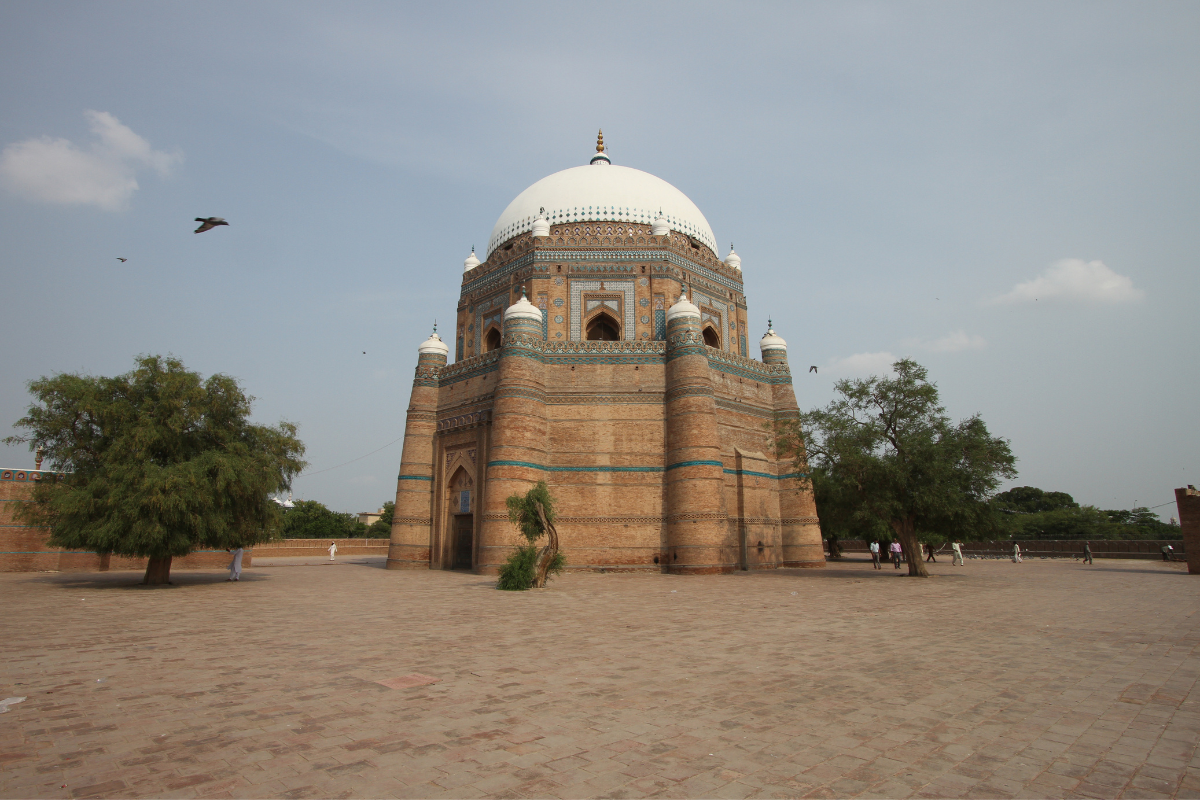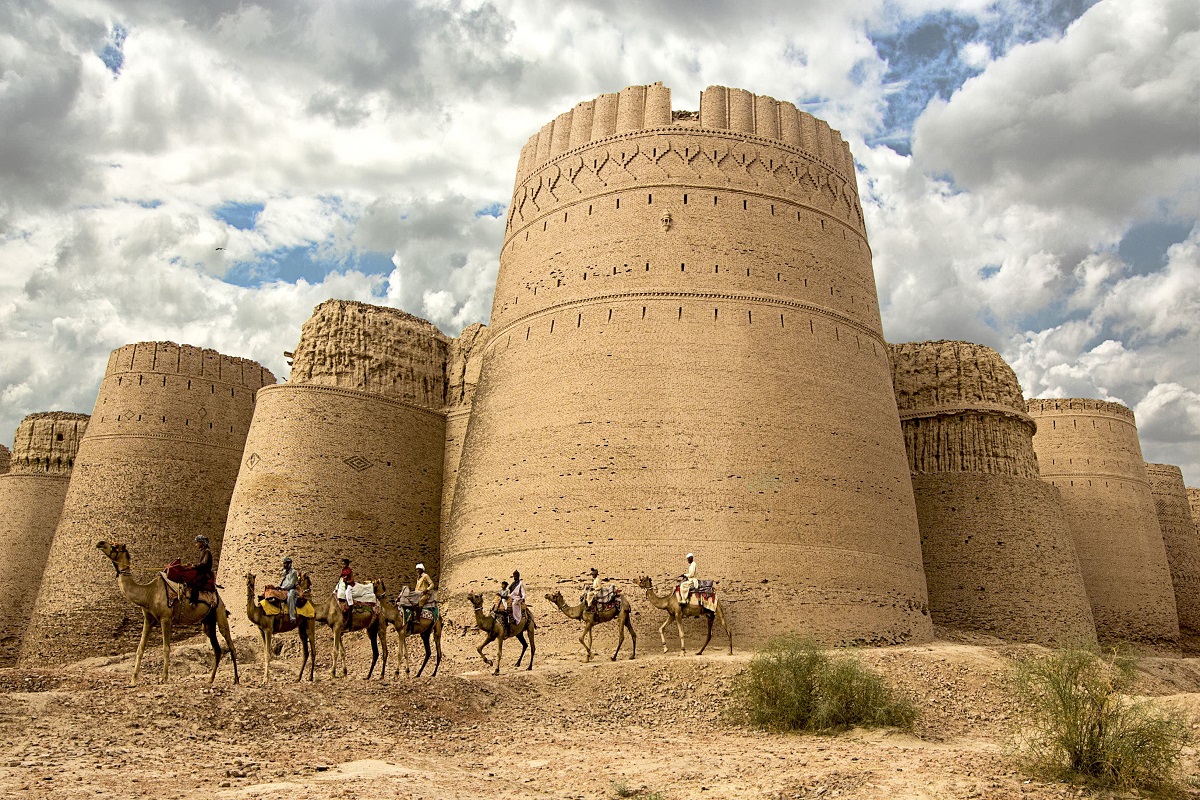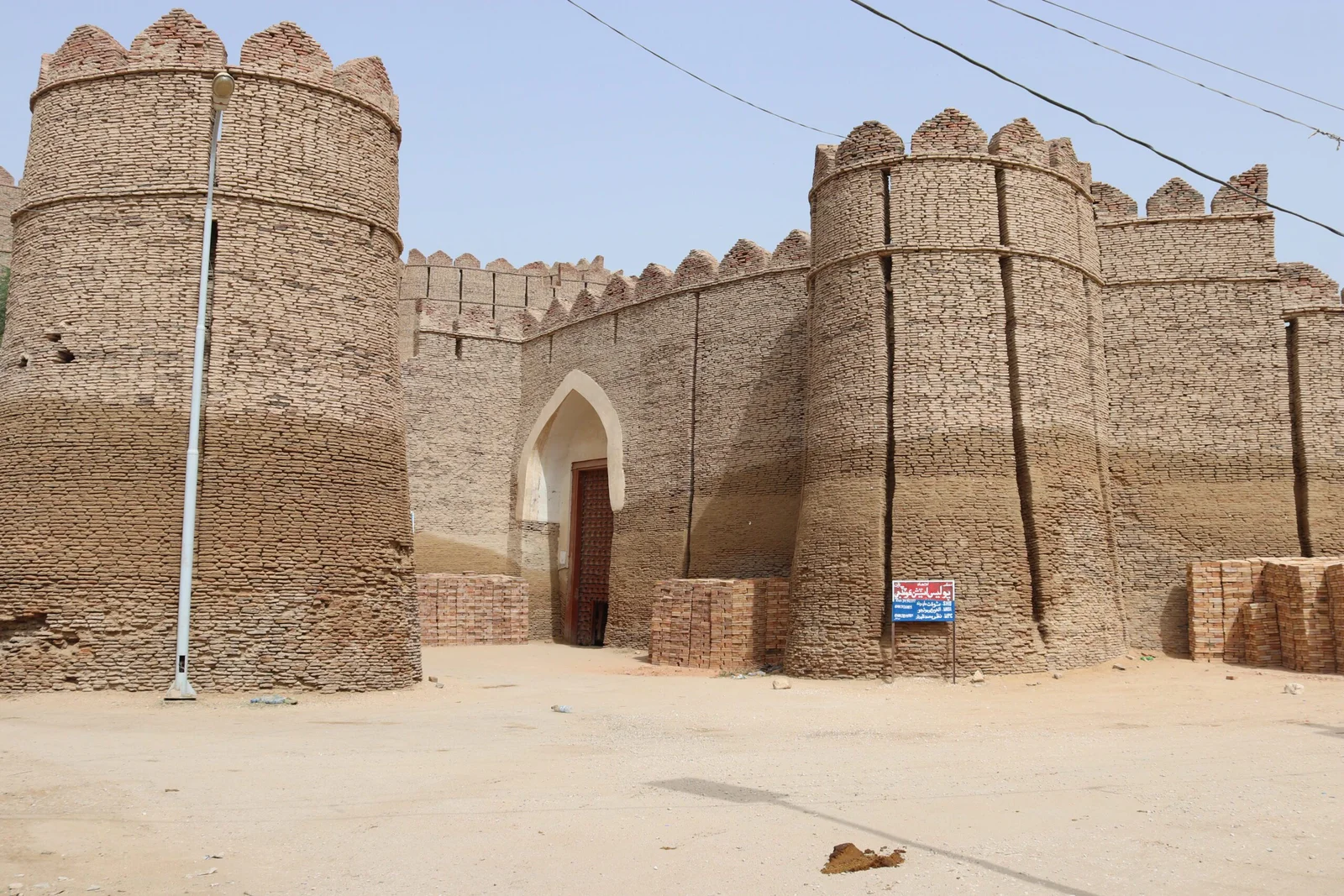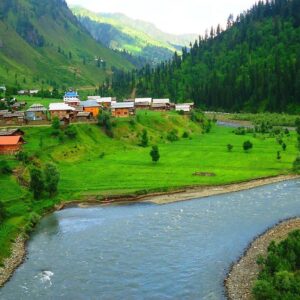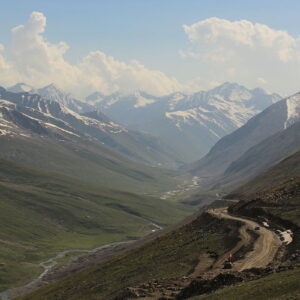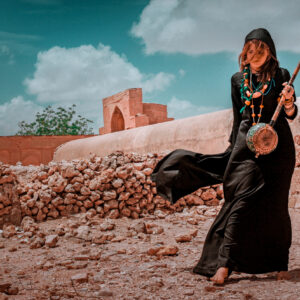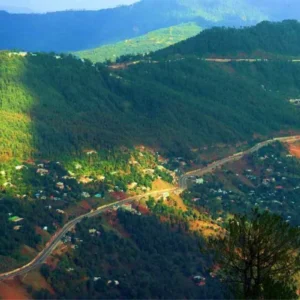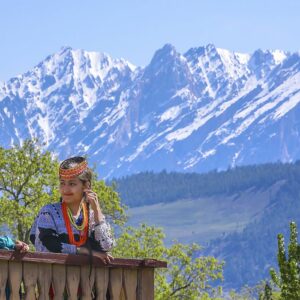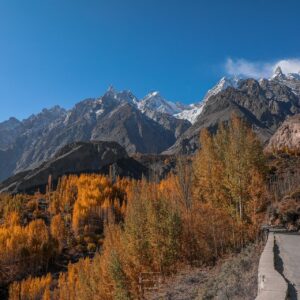Description
Pakistan is a land of diverse cultures, rich traditions, and a deep historical legacy that spans thousands of years. From the ancient Indus Valley Civilization to the Mughal Empire, and from Sufi traditions to vibrant local festivals, Pakistan offers a unique blend of heritage that reflects its storied past. A journey through Pakistan’s heritage sites is not just a trip through time but a profound experience of the nation’s soul.
Key Heritage Sites
- Mohenjo-Daro
- Location: Sindh Province
- Significance: One of the most significant archaeological sites of the ancient Indus Valley Civilization, dating back to 2500 BCE. Mohenjo-Daro showcases the advanced urban planning and architecture of an ancient society that thrived in this region.
- Lahore Fort and Shalimar Gardens
- Location: Lahore, Punjab
- Significance: Both UNESCO World Heritage sites, these Mughal-era landmarks represent the grandeur of the Mughal Empire. The Lahore Fort, with its intricate tile work and impressive architecture, and the Shalimar Gardens, with its terraced lawns and fountains, are testaments to the artistic and cultural zenith of the Mughals.
- Rohtas Fort
- Location: Jhelum, Punjab
- Significance: Built by the Afghan king Sher Shah Suri in the 16th century, Rohtas Fort is a masterpiece of military architecture. The fort’s massive walls and strategically placed bastions reflect its role as a stronghold during the turbulent times of the region’s history.
- Taxila
- Location: Punjab Province
- Significance: An ancient city that was once a major center of learning and culture in the Gandhara civilization. Taxila’s ruins include monasteries, stupas, and ancient universities, making it a treasure trove for those interested in Buddhism and early education.
- Makli Necropolis
- Location: Thatta, Sindh
- Significance: One of the largest funerary sites in the world, Makli Necropolis spans over 10 square kilometers and contains tombs and mausoleums from the 14th to 18th centuries. It reflects the diverse architectural styles of the Sindh region and the influence of Islamic art and culture.
- Sheesh Mahal (Palace of Mirrors)
- Location: Lahore Fort, Punjab
- Significance: A part of the Lahore Fort, Sheesh Mahal is renowned for its intricate mirror work, marble inlays, and stunning frescoes. It was built during the reign of Emperor Shah Jahan and remains one of the finest examples of Mughal interior decoration.
A journey through Pakistan’s heritage sites is a captivating experience that takes you deep into the heart of its cultural and historical legacy. From the ancient ruins of Mohenjo-Daro to the majestic Mughal architecture of Lahore, each site tells a story of a rich and diverse past. Whether you’re a history enthusiast, a culture lover, or simply an adventurous traveler, this trip offers a unique glimpse into the wonders of Pakistan’s heritage.
Start planning your heritage journey today, and discover the timeless beauty and cultural richness that Pakistan has to offer.
Itinerary
Arrival in Lahore and transfer to your hotel. Evening visit to Lahore Fort and Sheesh Mahal. Dinner at a traditional Punjabi restaurant. Overnight stay in Lahore.
Morning visit to Shalimar Gardens. Explore the Badshahi Mosque and Lahore Museum. Stroll through the historic Anarkali Bazaar. Overnight stay in Lahore.
Early morning departure for Rohtas Fort (2-hour drive). Guided tour of Rohtas Fort. Afternoon return to Lahore. Overnight stay in Lahore.
Travel to Mohenjo-Daro. Guided tour of the Mohenjo-Daro archaeological site. Explore the on-site museum. Overnight stay in nearby Sukkur.
Drive to Thatta to visit the Makli Necropolis. Afternoon exploration of Shah Jahan Mosque in Thatta. Return to Karachi for an overnight stay.
Morning flight to Islamabad. Drive to Taxila and explore the archaeological sites and museum. Return to Islamabad for an overnight stay.
Morning exploration of Islamabad, including Faisal Mosque and Daman-e-Koh. Afternoon drive back to Lahore. Evening at leisure, with optional shopping in Liberty Market. Overnight stay in Lahore.
Depending on your flight schedule, you may have some free time to explore Lahore’s markets or enjoy a leisurely breakfast. Transfer to the airport for your departure.
Location
Faq
The best time to visit Pakistan’s heritage sites is during the cooler months, from October to March. During this period, the weather is more pleasant for outdoor exploration, especially in regions like Sindh and Punjab.
Yes, these heritage sites are family-friendly and offer educational opportunities for all ages. Many of the sites, such as Lahore Fort and Shalimar Gardens, have areas where children can explore safely.
Light, breathable clothing is recommended for daytime explorations, along with comfortable walking shoes. For visits to religious sites, modest clothing covering the arms and legs is advisable. A hat, sunglasses, and sunscreen are essential for protection against the sun.
Photography is generally allowed at most of the heritage sites. However, it’s always a good idea to check at each location, as some areas may have restrictions, especially in museums or religious sites.
The full itinerary spans eight days, but if you're short on time, it can be condensed by focusing on the most significant sites such as Lahore Fort, Mohenjo-Daro, and Taxila.
Most hotels and restaurants offer a variety of traditional Pakistani cuisine, including dishes like biryani, kebabs, and nihari. In larger cities like Lahore and Karachi, you will also find international cuisine options. It’s recommended to try local delicacies to fully experience the culinary heritage of Pakistan.
While many sites have informational signs, hiring a local guide can enrich your experience by providing in-depth historical context and cultural insights. Guides are available at most major sites, and they often speak English.
Pakistan is generally safe for tourists, but it’s important to stay informed about the local situation and follow any travel advisories. Always travel with a reputable tour operator, and keep your belongings secure, especially in crowded areas.
Yes, the itinerary can be customized based on your interests and time constraints. You can choose to focus more on specific sites or regions, depending on what aspects of Pakistan's heritage appeal to you the most.
Respecting local customs is important. Always ask for permission before photographing people, dress modestly, and be mindful of religious practices, especially when visiting mosques or other sacred sites.
